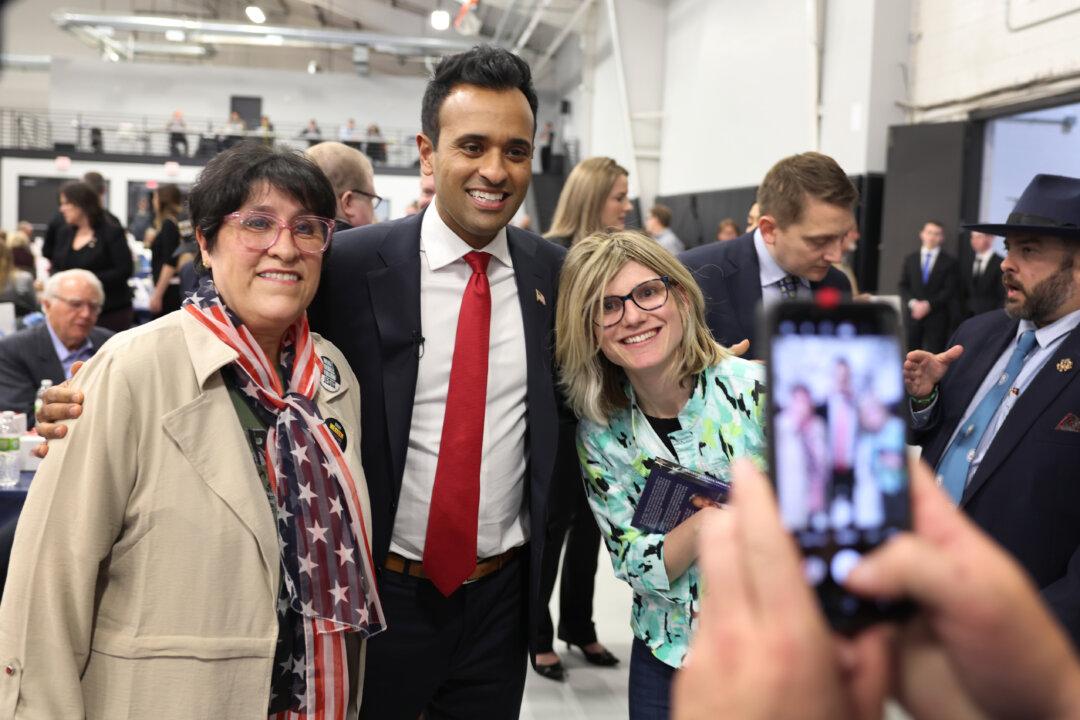Six Republican presidential candidates have qualified to participate in the first Republican National Committee (RNC) debate on Aug. 23 in Milwaukee, Wisconsin, with at least two others in the 14-candidate field likely to do so in the coming weeks.
Former President Donald Trump, Florida Gov. Ron DeSantis, tech entrepreneur Vivek Ramaswamy, former South Carolina Gov. and Trump administration United Nations ambassador Nikki Haley, South Carolina Sen. Tim Scott, and former New Jersey Gov. Chris Christie have met the RNC’s criteria to qualify for the debate as of July 24.





